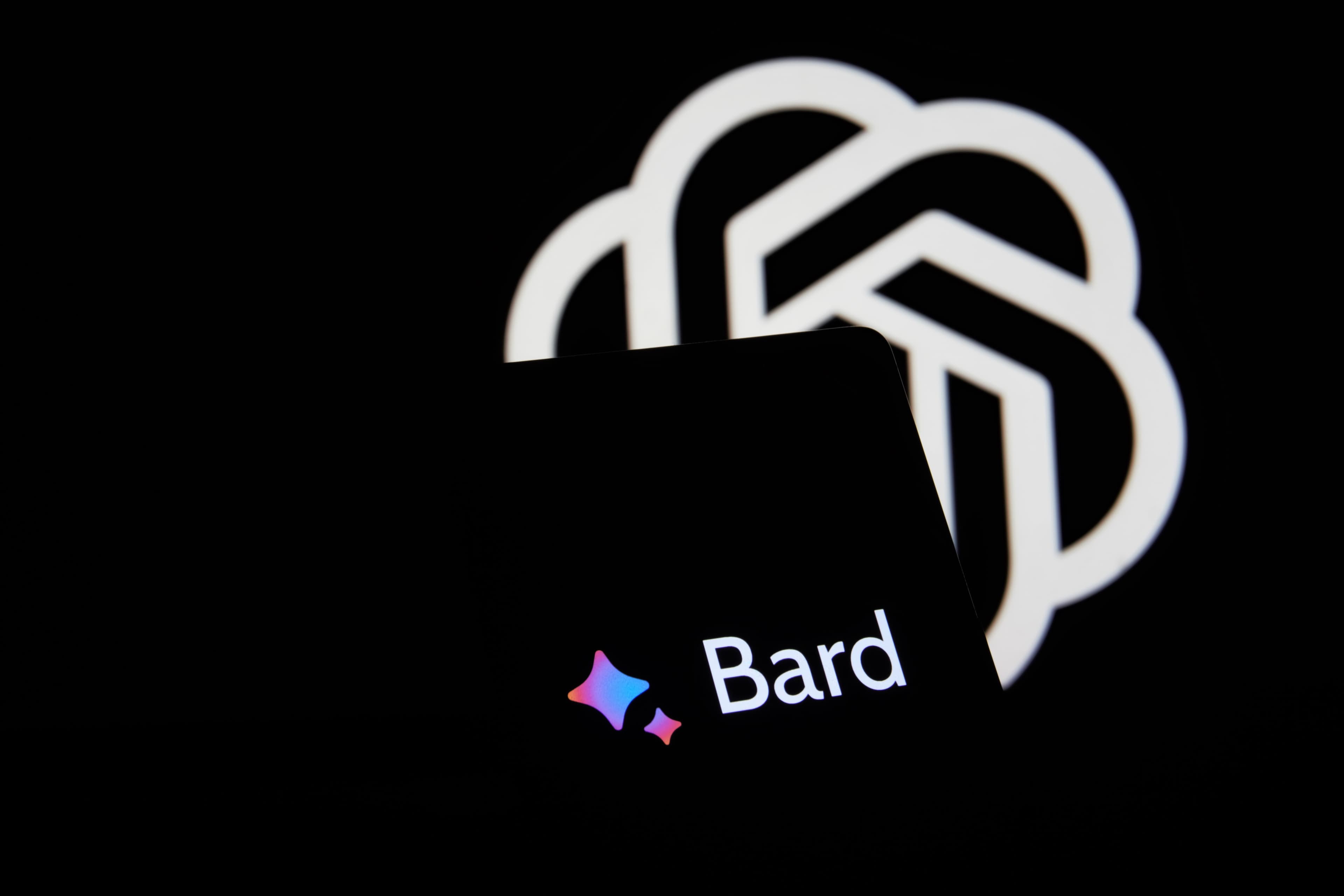
73

In an era where technology continues to reshape the landscape of our daily lives, one concept stands out as a transformative force: Artificial Intelligence (AI). From enhancing efficiency in industries to influencing our personal interactions, AI is a multifaceted phenomenon that has captured the world's imagination. Let's embark on a journey into the realm of AI, exploring its origins, current applications, and the profound impact it promises for the future.
At its core, AI seeks to replicate human intelligence in machines. The journey began with the concept of "thinking machines," and over the years, it has evolved into a field encompassing machine learning, natural language processing, and advanced robotics. The quest for creating systems that can reason, learn, and adapt has led to remarkable breakthroughs and innovations.
AI has seamlessly integrated into various aspects of our daily routines, often without us realizing it. From voice assistants like Siri and Alexa to personalized recommendations on streaming platforms, AI algorithms are constantly at work, understanding patterns and tailoring experiences to our preferences. In healthcare, AI aids in diagnostics and treatment plans, while in finance, it optimizes fraud detection and risk assessment.
Businesses worldwide are leveraging AI to enhance productivity and drive innovation. In manufacturing, AI-powered robots streamline production processes, while in customer service, chatbots provide instant support. Data analysis powered by AI helps companies make informed decisions, unlocking new possibilities for growth and competitiveness.
Machine learning, a subset of AI, is a key catalyst for its advancements. This technology enables systems to learn from data, identify patterns, and make decisions without explicit programming. Whether it's predicting user behavior on social media or optimizing supply chain logistics, machine learning is at the forefront of AI innovation.
As AI continues to advance, it brings forth a set of challenges and ethical considerations. Concerns about job displacement due to automation, biases in AI algorithms, and potential security risks have prompted discussions on responsible AI development. Striking a balance between innovation and ethical considerations is crucial as we navigate the evolving landscape of AI.
Looking ahead, the future of AI holds promises of even more profound transformations. Autonomous vehicles, personalized medicine, and AI-driven creativity are just a glimpse of what's to come. Ethical guidelines and regulations will play a pivotal role in shaping the responsible development and deployment of AI technologies.
As we stand on the precipice of an AI-driven future, it's essential to embrace the potential of this transformative technology while navigating the associated challenges responsibly. From simplifying our daily tasks to revolutionizing entire industries, AI's impact is undeniable. The journey into the world of artificial intelligence is one of endless possibilities, and as we unlock its mysteries, we pave the way for a future where the synergy between humans and machines leads to unprecedented advancements and innovations. The age of artificial intelligence has arrived, and the journey has only just begun.
